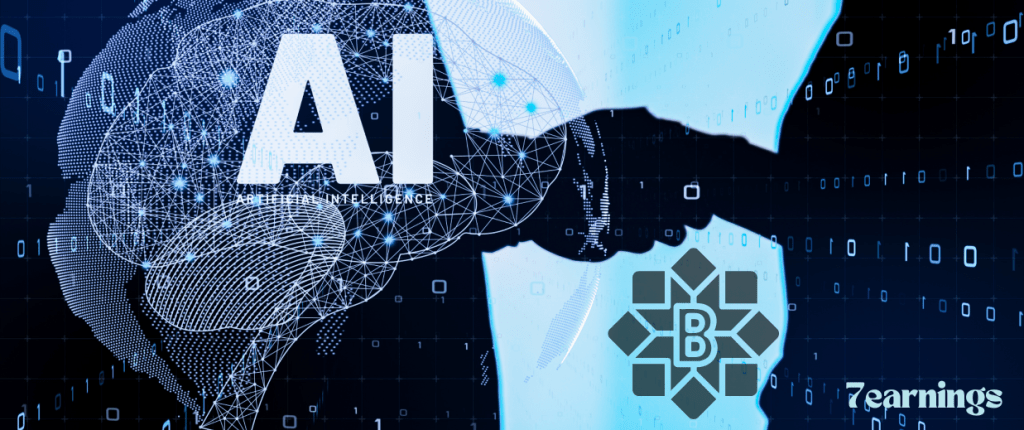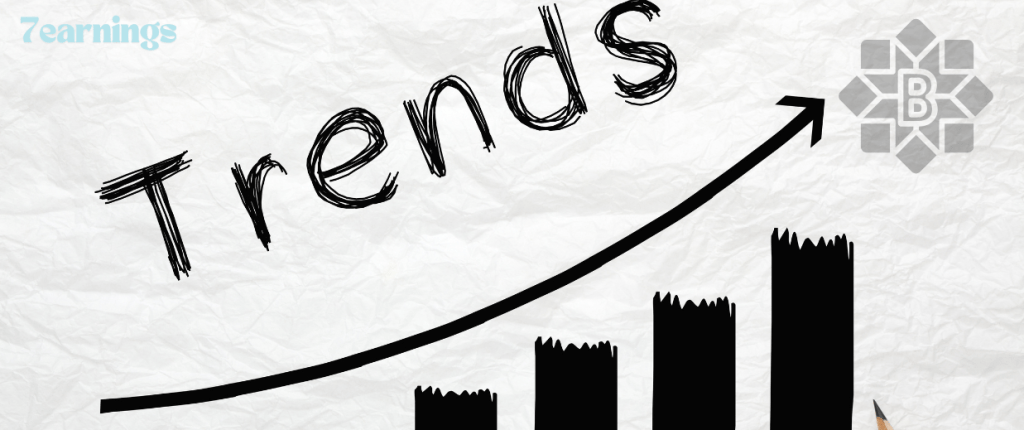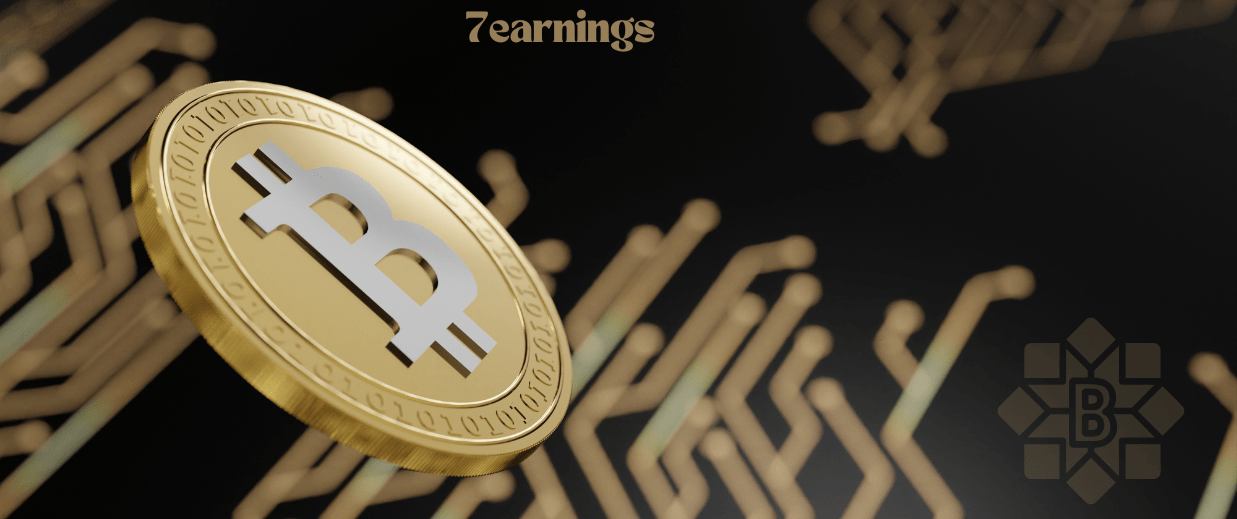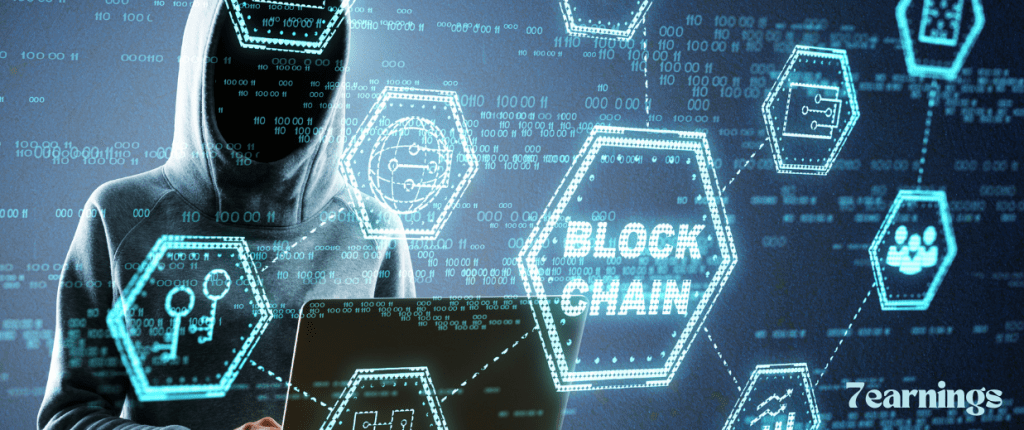Creation to Blockchain development trends
Why Blockchain is Gaining Reputation
Blockchain is increasingly becoming the next generation throughout industries. This upward push in reputation may be attributed to its potential to offer invulnerable, obvious, and decentralized solutions. What once seemed like a niche generation tied to cryptocurrencies is now influencing a huge range of sectors, consisting of finance, delivery chain, and even healthcare. Its promise to create trust in a virtual global environment in which central authorities might not constantly be relied upon is resonating more with corporations and purchasers alike.
The role of Blockchain in contemporary technology
Blockchain has advanced a ways beyond its initial use in digital currencies. Nowadays, it’s miles transforming the way corporations operate, allowing them to construct extra secure, green, and transparent structures. With its decentralized nature, blockchain is fostering innovation through getting rid of intermediaries, decreasing the chance of fraud, and ensuring data integrity. In this virtual age, its function in enhancing cybersecurity and streamlining strategies cannot be overstated.
Key Blockchain development tendencies for 2025
Increased Adoption of Stablecoins in Payments
Stablecoins are fast turning into a mainstream payment method. In contrast to conventional cryptocurrencies, which can revel in excessive volatility, stablecoins are pegged to a solid asset just like the US dollar, making them extra dependable for normal transactions. Primary financial institutions, which include PayPal and credit cards, have already started integrating stablecoins into their price structures, enabling faster, inexpensive, and more vulnerable transactions. Industries like e-trade and remittance offerings are leading the fee, presenting stablecoin bills to reach a broader audience.
Increase in Decentralized Finance (DeFi) platforms
Decentralized Finance (DeFi) refers to monetary services that operate on blockchain generation besides relying on central banks or financial institutions. DeFi structures are swiftly evolving, allowing customers to lend, borrow, and exchange assets in a decentralized manner. In the future, decentralized lending and borrowing could emerge as extra mainstream, offering people the liberty to manage their very own monetary transactions barring intermediaries, probably disrupting conventional banking structures.
The Diversification of Non-Fungible Tokens (NFTs)
NFTs are now not constrained to digital art. They’re now expanding into gaming, real property, and other industries. NFTs offer particular approaches to owning and changing belongings that have value beyond their virtual structure. In gaming, for instance, NFTs can constitute in-game objects, generating new sales streams for builders. In actual estate, tokenized assets ownership is beginning to emerge, making it simpler for individuals to put money into real international property. NFTs are also gaining traction in leisure and collectibles, wherein lovers can own a piece of their preferred shows, sports memorabilia, or song releases.
Blockchain Interoperability and Cross-Chain Solutions
Blockchain interoperability is turning into a crucial consciousness in blockchain development. It refers to the ability of various blockchain platforms to communicate with each other, allowing for smoother transactions and record trade. Interoperability permits users to switch belongings and information throughout various blockchain networks, which increases the general utility and cost of the generation. As exclusive blockchain platforms keep emerging, creating seamless interactions between them is necessary for fostering a related, decentralized environment.
Regulatory Traits Impacting Blockchain
Governments and regulators are increasingly focusing on the way to govern blockchain technology. Clearer rules are supporting to mitigation of risks related to blockchain, such as fraud and money laundering, even as concurrently offering corporations the knowledge to invest in the technology. In 2025 and beyond, regulatory clarity will play an essential role in fostering belief and allowing the vast adoption of blockchain technology across industries.
Emerging technologies that are shaping Blockchain development

AI and Blockchain a Powerful Combination
The integration of synthetic Genius (AI) with blockchain is unlocking new abilities in each field. Blockchain affords the tightly closed, obvious infrastructure, even as AI brings the electricity of superior analytics and decision-making. This effective mixture should lead to the improvement of AI-pushed smart contracts and decentralized applications (dApps), which could automatically execute and implement terms without human intervention. This synergy will create extra wise and efficient decentralized structures in the future years.
Web3 Technologies and Decentralized Possession
Web3 is ready to reshape the digital panorama by selling decentralized ownership and the manipulation of information. Unlike the modern-day internet (Web2), in which big agencies maintain most of the power, Web3 places the ownership of information back into the hands of individuals. Blockchain technology is at the center of Web3, allowing decentralized packages (dApps) and offerings that don’t rely upon traditional central authorities, accordingly imparting a new model of digital possession.
Growth of Decentralized Autonomous Organizations (DAOs)
Decentralized self-sufficient agencies (DAOs) are gaining popularity as an opportunity governance version. DAOs use smart contracts to allow decentralized decision-making, allowing individuals to vote on proposals and selections. This creates an extra democratic and transparent organizational structure. In exercise, DAOs are getting used for the whole lot from funding tasks to governing blockchain-based systems, and their influence is predicted to grow within the coming years.
Blockchain in Real-World Applications
Tokenization of Real-World Assets
Tokenization is revolutionizing industries like real estate by allowing physical assets to be represented as digital tokens on a blockchain. This process makes it easier to trade and invest in assets like property, art, and commodities. Through tokenization, investors can buy fractional ownership in high-value assets, lowering the barrier to entry for many. Tokenized real estate is already gaining traction in various markets, providing new opportunities for both buyers and sellers.
Blockchain for Sustainability
Blockchain is being leveraged for environmental sustainability. It gives an obvious and traceable method for monitoring the origins of merchandise, making sure that sustainable practices are adhered to in supply chains. Blockchain is also supporting tracking carbon emissions and managing renewable electricity buying and selling. Numerous projects are already underway that use blockchain to promote sustainability, from carbon offset packages to green product certifications.
Future Outlook for Blockchain Development
What to Expect in the Coming Years
Blockchain is anticipated to continue evolving rapidly, with key improvements in regions like scalability, interoperability, and decentralized finance. through 2025, blockchain adoption is in all likelihood to be considerably greater, with extra integration into normal packages and business processes. As the generation matures, anticipate blockchain to become even greater user-friendly, green, and impenetrable, paving the way for similar disruption in diverse sectors.
How Businesses Can Prepare for Blockchain Trends
Organizations trying to stay ahead of blockchain developments ought to start by means of teaching themselves approximately the generation’s impact on their industry. Leveraging blockchain can offer businesses an aggressive facet, whether or not via stronger security, greener procedures, or get admission to to new economic offerings like DeFi. Embracing the blockchain era now will role companies to achieve success in the unexpectedly evolving virtual landscape.

Final Thought
The Future is Blockchain
Blockchain is greater than only a buzzword—it is a transformative era that is reshaping the way we conduct enterprise, interact online, or even own property. As we appearance to the future, blockchain will continue to disrupt industries, imparting greater transparency, safety, and decentralization. Whether through stablecoins, NFTs, or DAOs, blockchain is already converting the arena, and its effect will only keep growing.
FAQ
What are stablecoins, and how are they different from regular cryptocurrencies?
Stablecoins are virtual currencies that are pegged to a solid asset, just like the US dollar or gold, to decrease price volatility. not like traditional cryptocurrencies like Bitcoin or Ethereum, which could enjoy good-sized fee fluctuations, stablecoins are designed to preserve a regular price, making them more suitable for ordinary payments and transactions.
What is the future of decentralized finance (DeFi)?
DeFi is anticipated to continue growing in the coming years as it gives decentralized monetary services besides bypassing traditional intermediaries like banks. DeFi platforms permit sports like lending, borrowing, and trading on blockchain networks. The destiny of DeFi involves extra innovation in financial services and products, as well as improved safety and scalability.
How are NFTs being used outside of digital art?
While NFTs started out as a way to constitute ownership of digital art, they are now expanding into different regions, which include gaming, real estate, and collectibles. NFTs can constitute in-recreation property, virtual real estate, tunes, tickets, or even physical gadgets, offering a completely unique way to purchase, sell, and alternate valuable items within the virtual space.
What is blockchain interoperability, and why is it important?
Blockchain interoperability refers to the potential of various blockchain networks to communicate and proportion data with each other. It’s vital because it permits the switch of assets and facts between special systems, increasing the general application and scalability of blockchain generation and promoting a more related decentralized environment.
How will blockchain technology impact businesses?
Blockchain has the potential to revolutionize commercial enterprise operations by improving safety, increasing transparency, and lowering the need for intermediaries. agencies can gain from quicker, more secure transactions, streamlined delivery chain control, and enhanced customer trust. agencies have to discover blockchain applications that align with their enterprise needs to stay aggressive.
How can businesses prepare for blockchain adoption?
Companies seeking to put together for blockchain adoption must start by using the perception of its capacity advantages and boundaries. educating groups, exploring blockchain use instances, and identifying the proper generation companions could be imperative for a successful integration. As blockchain continues to adapt, corporations ought to stay knowledgeable approximately industry trends and modify their techniques for that reason.




